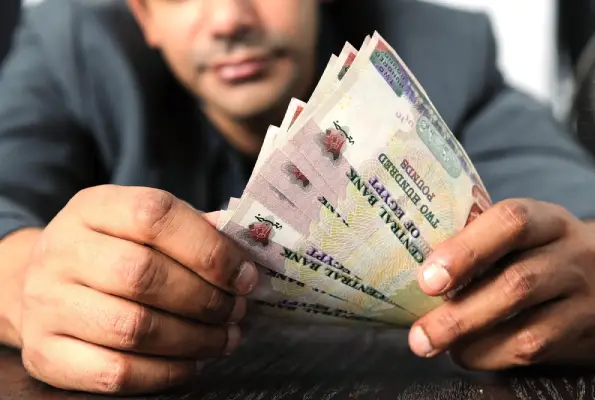Ahmed Samir, the Egyptian Minister of Trade and Industry, recently emphasised his department’s role, along with its sectors and affiliated entities, in advancing the nation’s industry and its expanding exports to diverse global markets.
While interacting with the Daily News Egypt, Samir noted that foreign trade is a cornerstone of the Egyptian economy, contributing to the provision of foreign currencies, apart from bolstering economic growth, and satisfying local market demands.
The official further reiterated the Ministry’s commitment to fulfilling the nation’s objectives of elevating Egyptian exports to various global markets, with an annual target of USD 100 billion.
“This goal will be pursued by enhancing the quality of Egyptian products, increasing their competitive edge, and penetrating new markets, coupled with comprehensive support for exporters,” narrated the Daily News Egypt report.
During his interaction with the media house, Samir outlined the executive measures of the “National Strategy for Industry,” which aims to position Egypt as a hub for sustainable manufacturing and a prominent player in international trade.
The “National Strategy for Industry” also includes efforts to augment the exports of Egyptian products, with some of the other goals being boosting the “Value Addition” part of the domestic industry, amplifying the green economy’s share in the GDP, and creating more employment opportunities in the process.
Samir recently inspected the NilePreneurs initiative, backed by the Central Bank of Egypt, which fosters entrepreneurship, supports small and medium enterprises (SMEs), and promotes indigenous products. The official also undertook a tour of several research facilities and the Centre for Supporting and Encouraging Innovation and Entrepreneurship.
During these inspections, Samir urged business leaders to harness the innovative potential of university students to benefit the industry, while highlighting the Nile University’s reputation for producing specialised graduates equipped with the knowledge and skills necessary to contribute to the industrial sector.
Egypt’s move to boost its industrial productions and exports comes immediately after receiving a massive boost from the World Bank, as the latter announced a hefty aid package exceeding USD 6 billion in March 2024.
This fund injection is expected to propel Egypt’s global bailout efforts to over USD 50 billion, resulting in a stabilisation of the country’s struggling economy, apart from fostering sustainable growth.
The financing, spanning the next three years, will be strategically divided, with half allocated to government support and the remainder set to strengthen the private sector.
The European Union also pledged approximately USD 8 billion in aid, loans, and grants to Egypt, with the International Monetary Fund (IMF) unveiling a USD 8 billion programme for the crisis-ridden nation.



